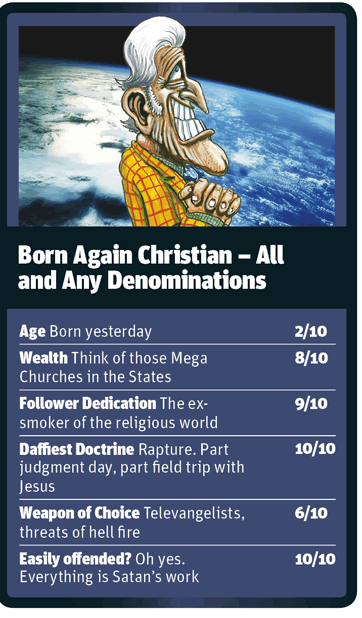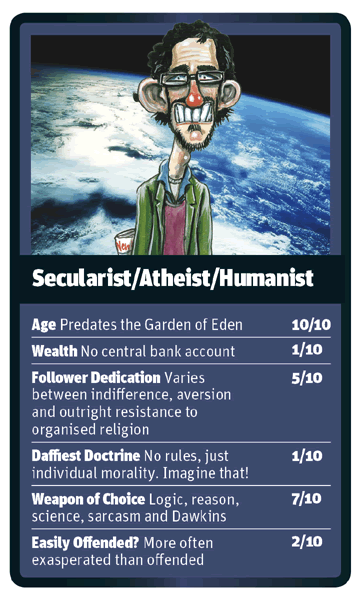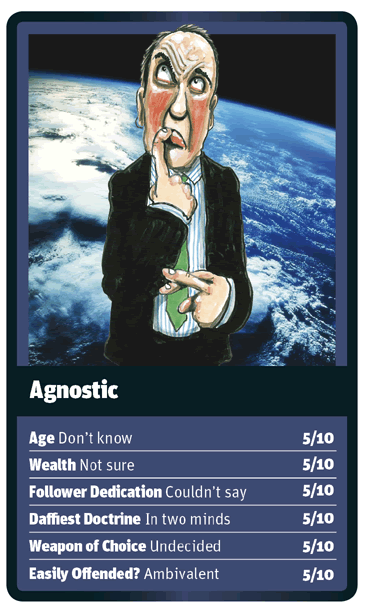Finance and Deregulation Minister Lindsay Tanner is Web 2.0 enabled with a blog over at the SMH. Today’s post is all about the government’s new Web 2.0 based thinking – they’re probably going to use blogs in some upcoming community consultation. Ironic really, given that the same government is advocating restrictions to the internet that would put us on par with China. Perhaps comments they don’t agree with in the consultative process will be blocked? Or the IP address taken down and the perpetraitor (sic) silently removed from their homes and literally excommunicated (possibly a removal of Internet privileges).
Here’s Tanner’s rather convoluted description of what he thinks about Web 2.0…
“This new mode of production is known in the academic literature as peer production, but is more commonly referred to as Web 2.0. It is a trend that applies to much more than the creation of cultural goods, although these goods, such as the innumerable YouTube video mashups which poke fun at politicians, are acting as the harbingers of change.”
“Peer production empowers every citizen to be creator and critic, as well as consumer, of information. It is a mode of production that is enabled by two key factors. The first is the collapse of cost barriers to producing information – computers are now widely accessible in western society. The second is the removal of logistical and functional barriers to collaboration through new internet based networks.”
“The glue that binds peer production together is the ethic of collaboration it inculcates among groups. People contribute their time to peer production because they find communities with a passion for making their adopted content niche the best it can be.”
“This environment also creates efficiencies by allowing skilled amateurs to allocate their intellectual capital to the content niche about which they are most passionate. This is significant when you consider the quality and value of work done by people for love and not money.”
All in all, his article is a pretty garbled way of saying the Government is down with the Internets and all that.
“These changes are not easy for government to process. Our Westminster bureaucracy has optimised its policy production processes over centuries. Adaptation to the new information environment will be neither quick nor easy.”
I guess that’s something Obama can relate to.
Here’s his obligatory dig at the Howard Government:
“The Australian Government should be leading the way in adapting our old processes of consultation, policy making and regulation to the connected world. Yet we lag behind other nations in both the scale and pace of reform, a situation largely attributable to the culture of secrecy, spin and apathy of the Howard years.”
“I am taking steps to reinvigorate the Commonwealth’s efforts in this area. For example, early in the new year the Government will run a number of trial online consultations using blogs and other Web 2.0 tools”
You know what would be brilliantly ironic – if all this consultation got blocked by the Government’s proposed clean feed (
a very bad idea – putting us on par with China in terms of restrictions) with it’s invisible blacklist of sites. My disdain for the Australian Christian Lobby is growing – I think they miss the point on so many issues when dealing with a secular government and trying to impose Christian values on the general public – who generally aren’t Christians. I acknowledge that as Christians we believe our way of life is better – and more in line with God’s expectations – but it’s not for us to impose our code of conduct on the rest of society. I also acknowledge that increased consumption of pornography has some links to increases in sexual violence and is socially undesirable. But I don’t think this is the way to tackle it – and I don’t think – as Jim Wallace so tactlessly put it that opposing this plan is tantamount to supporting the evils that lurk in the dark corners of the internet. Here’s the quote from the
ACL Media Release.
“Obviously the Internet industry is going to continue to fight this important initiative
but the interests of children must be placed first.”
“The need to prevent access to illegal hard-core material and child pornography must
be placed above the industry’s desire for unfettered access.”
Censorship is bad. Particularly for the church. Once you start advocating censorship what happens if a militant anti-Christian or Islamic party gets in and adds all the Christian sites to the black list? Have you thought about that ACL? Have you? Christians who are serious about Christianity’s real agenda – which is the proclamation of the gospel can not be supportive of Government intervention into the minds and beliefs of the general public.
By all means, if you’re a Christian then take part in the political process – but don’t pretend to speak for all of us – and do so to raise your opinion on a matter – not to demand legislation be based on a Christian world view. That is not in the spirit of democracy – that’s a theocracy.
Oh, and if you want to voice your opinion on this matter through the press (or the Government’s upcoming Web 2.0 consultancy process) – the ACL has a handy
letters to the editor writing guide.
I’m going to do some work now.






